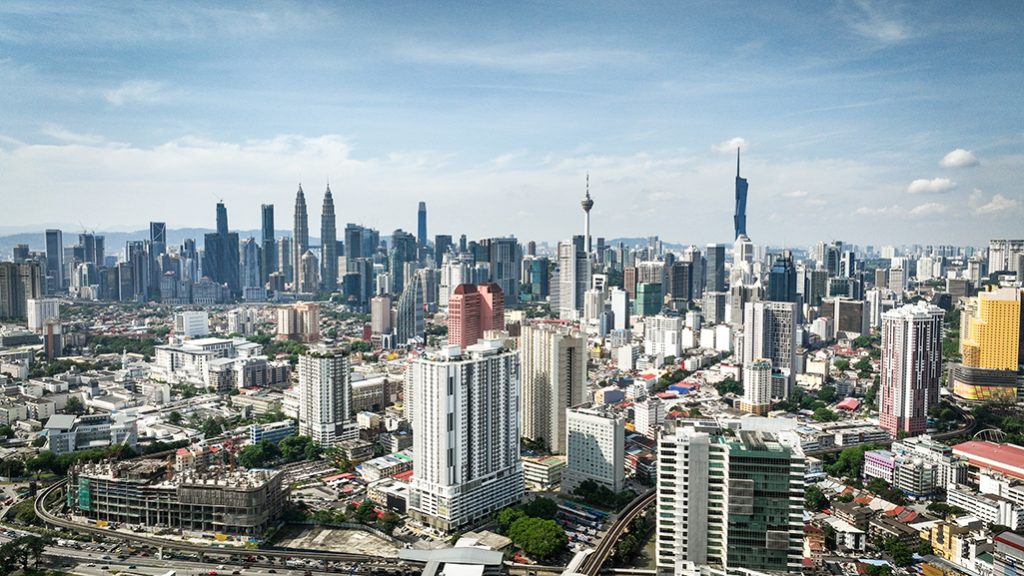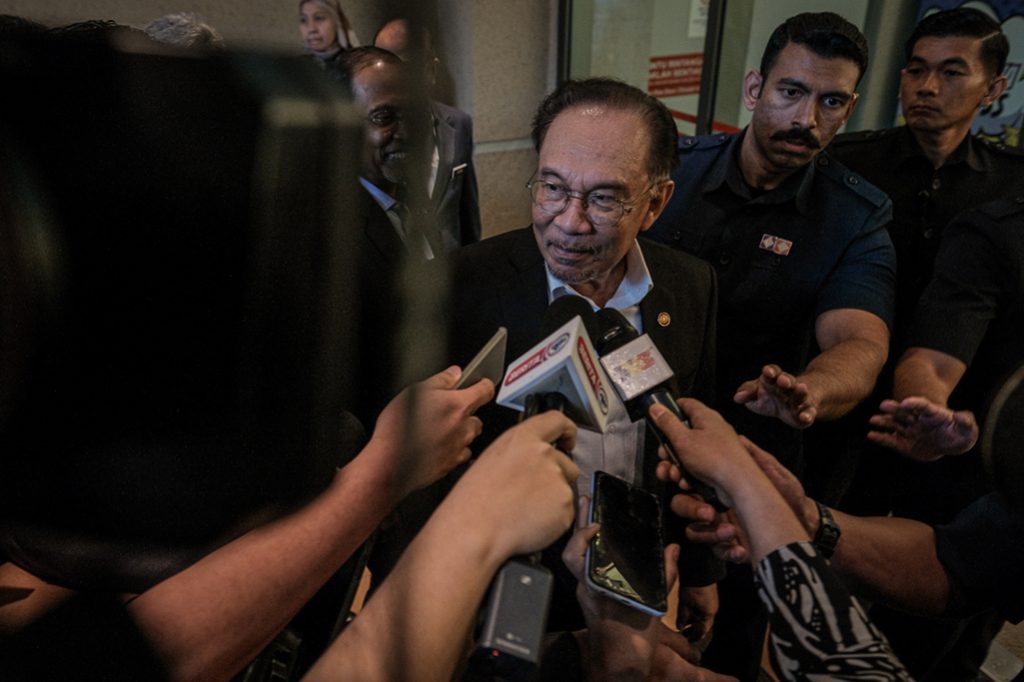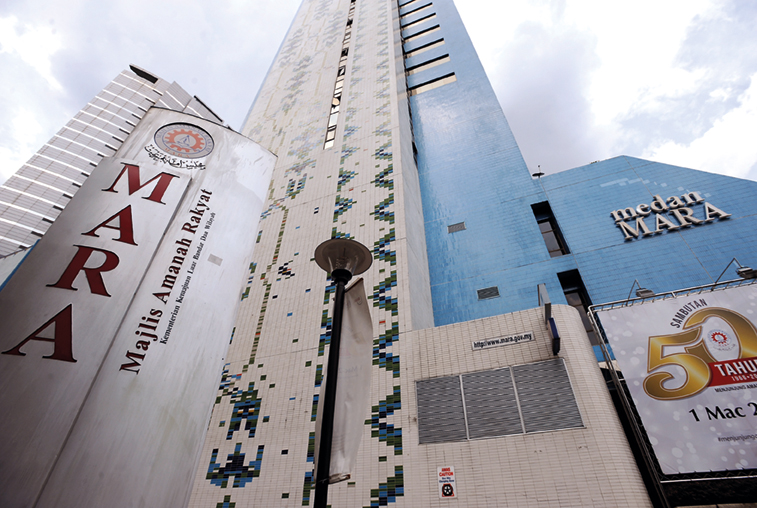
SIX government-linked investment companies (GLICs) have implemented a living wage policy for all permanent employees, setting the minimum monthly salary at RM3,100—significantly above the RM1,700 minimum wage announced under Budget 2025.
Utusan Malaysia reported that the GLICs that have adopted the living wage policy include Khazanah Nasional Bhd (Khazanah), Permodalan Nasional Bhd (PNB), Employees Provident Fund (EPF), Retirement Fund (Incorporated) (KWAP), Armed Forces Fund Board (LTAT), and Lembaga Tabung Haji (TH).
The initiative is part of the GEAR-uP programme, spearheaded by the Ministry of Finance under the MADANI Economy framework. The programme aims to position GLICs as catalysts for growth in Malaysia’s key economic sectors through two goals: “raising the ceiling” and “raising the floor.”
Based on comparative industry wage analyses and cost of living benchmarks outlined in the Belanjawanku 2024/2025 Guide, the living wage threshold was set at around RM3,100 per month—higher than the RM1,700 minimum wage, which came into effect on February 1, 2025.
PNB group president and CEO Datuk Abdul Rahman Ahmad said the group was pleased to fulfil its commitment to the living wage initiative.
“Our current focus is on our key strategic government-linked companies (GLCs). First, to get them to adopt the living wage policy, then to implement it within an agreed timeline.
“Since 2023, we’ve consistently engaged our GLCs on the living wage framework, urging them to commit to and accelerate its adoption.
“To date, three of our strategic companies have issued living wage policies, and we aim for all our strategic companies to adopt and commit to the policy by 2026,” he said.
In January 2025, PNB updated its voting guidelines to encourage its investee companies to explore and adopt the living wage framework.
PNB acknowledged that given the complexity and diversity of the industries where Malaysian corporates and GLCs operate, timelines for implementation may vary. Nonetheless, it believes that all companies must commit to the policy and have a clear roadmap to ensure employees receive fair compensation for a decent standard of living.
Khazanah managing director Datuk Amirul Feisal Wan Zahir said the sovereign fund had implemented the living wage policy internally and actively engaged its core investee companies to apply the same across their operations.
“Khazanah is committed to leading by example and has already implemented the living wage across our operations, while 10 of our core portfolio companies have committed to doing the same.
“We will continue to promote greater awareness and adoption among our other portfolio companies. Supporting a living wage is key to boosting productivity, building stronger and more resilient businesses, and contributing to a stable, equitable, and sustainable development path for Malaysia,” he said.
EPF CEO Ahmad Zulqarnain Onn said that as custodian of retirement savings for over 16 million Malaysians, the fund believes income adequacy must begin at the EPF.
“By ensuring all employees receive a living wage, we are reinforcing our mission to build a resilient and inclusive retirement ecosystem, which starts with fair wages today to ensure adequate income for tomorrow.
“EPF will also collaborate with its investee companies and ecosystem partners to encourage the adoption of similar frameworks, supporting a more inclusive and equitable economic future for all Malaysians,” he said.
KWAP CEO Datuk Nik Amlizan Mohamed said implementing the living wage policy clearly reflects the fund’s commitment to improving workers’ living standards in line with national aspirations.
“As the largest public sector pension fund in Malaysia, our focus goes beyond delivering sustainable financial returns—we also support the people who enable the creation of long-term value,” she said.
LTAT CEO Mohammad Ashraf Md Radzi said the fund’s commitment to a RM3,100 living wage reflects its ongoing mission to protect and uplift those who serve the nation, including uniformed personnel and the broader public sector workforce.
LTAT conducted a review in 2025, involving a reassessment of its salary structure to include non-wage elements, in order to support employee welfare more holistically.
“As a GLIC, we are fully aware of our role in shaping a fairer future, and LTAT will ensure this commitment is implemented across our ecosystem by encouraging our investee companies and partners to follow suit,” he said.
Meanwhile, Tabung Haji reaffirmed its commitment to employee welfare and support for the living wage initiative.
The fund said it had already implemented the living wage and will continue to enhance it over time, while working with its group of companies to ensure a broader and more meaningful impact. — TMR
RELATED ARTICLES

Khazanah in talks to sell stakes in Singapore projects

GLICs urged to invest around RM120b over 5 years for economic growth

Leadership shake-up to continue at GLCs, GLICs

Ahmad Maslan: Appointment of federal statutory bodies, GLC’s chairmen, board members needs to be done carefully
The post GLICs implement minimum RM3,100 living wage policy appeared first on The Malaysian Reserve.
